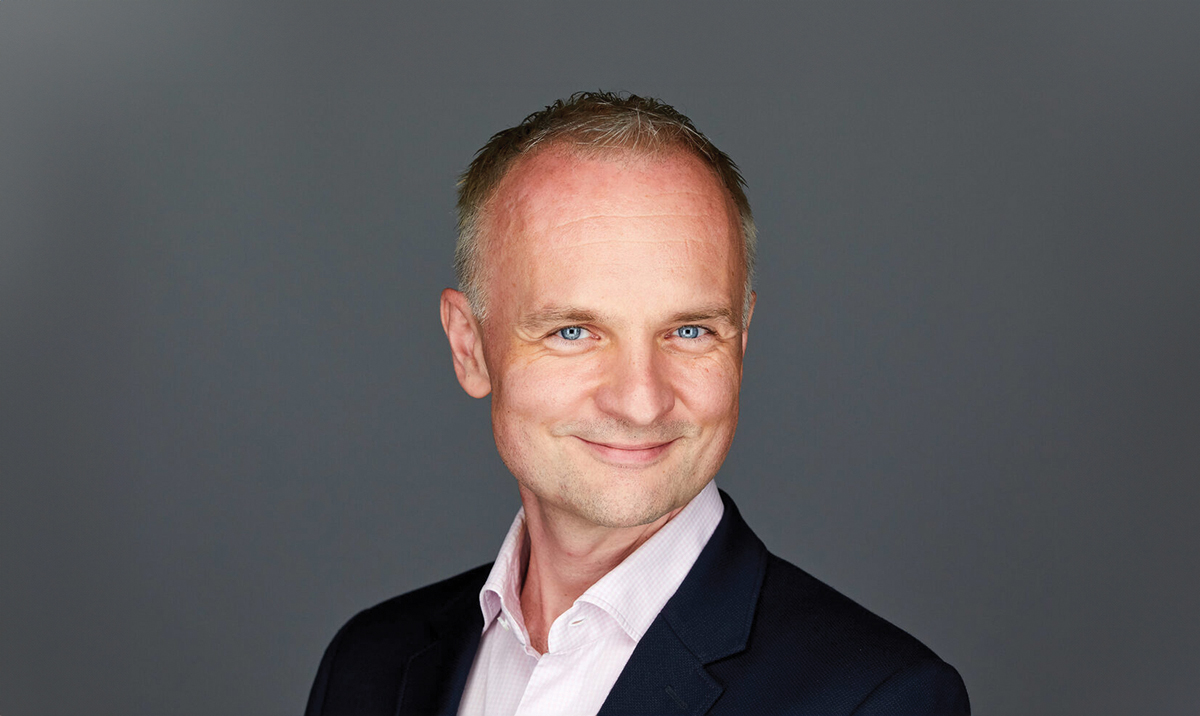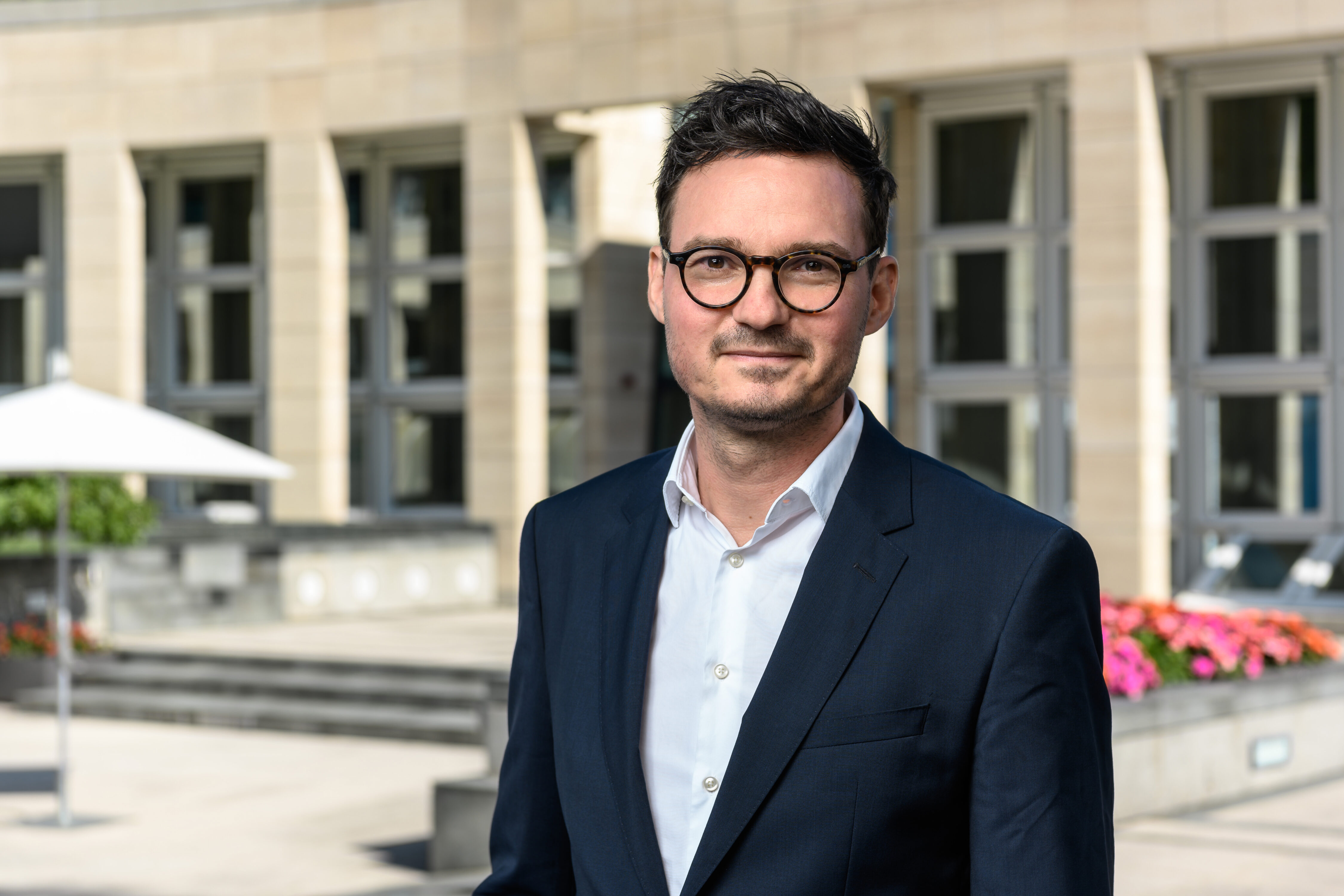
Why we should cherish women over 50
Multigenerational teams bring competitive advantages. It’s vital to tap into the wisdom and experience of older workers, urges Shelley Zalis....
Audio available

by Misiek Piskorski, Alexander Fleischmann Published June 30, 2025 in Diversity, Equity, and Inclusion • 6 min read
Legal equality has written inspiring chapters in the LGBTQ+ story. In 1990, 113 countries still criminalized same-sex acts, but by 2025, this number had fallen to 64. In the same period, same-sex marriage has increased from no countries mandating legal recognition to acceptance in 38 countries.
However, economic discrimination continues to persist. While European Union data shows modest improvement – discrimination rates declining from 22% in 2019 to 18% in 2023 – the deeper currents tell a more troubling tale. A staggering 60% of LGBTQ+ Europeans either never or rarely disclose their sexual identity at work. Though some may do this for privacy reasons, many undoubtedly choose silence as armor against discrimination and threats to their safety. We estimate that, if all LGBTQ+ people revealed their authentic selves, 45% would face workplace discrimination as a result.
This awareness drives LGBTQ+ individuals to invest heavily in education. Around 44% of people in same-sex relationships hold higher education degrees, compared to 28% in heterosexual relationships. These investments yield dividends at middle management levels – 26% of same-sex partners supervise others at work versus 22.5% of heterosexual partners. Yet a “gay glass ceiling” blocks the summit: gay men remain 16% less likely than straight men to reach top executive positions.
The social sphere presents even more pronounced challenges. In 2023, more than half (54%) of European LGBTQ+ individuals still feared holding hands with same-sex partners in public, while 55% endured harassment in public spaces. One in three victims of anti-LGBTQ+ violence suffered three or more attacks within five years. Suicidal ideation remains devastatingly high throughout the community.

“Geography creates its own landscape of inequality.”
These statistics, while illuminating, mask notable variations across the LGBTQ+ spectrum: the community is not a monolith, and neither is the discrimination it suffers.
Transgender individuals bear disproportionate burdens: 43% of trans women and 35% of trans men experience workplace bias, alongside 32% of non-binary, gender-diverse, or intersex individuals. In the same vein, trans and non-binary youth also report the highest levels of discrimination beyond work and elevated suicide ideation.
Socioeconomic status deepens these divides. While 18% of LGBTQ+ individuals with tertiary education report workplace discrimination, this rises to 23% among those with lower educational attainment. The gap widens dramatically for those struggling financially: 38% of LGBTQ+ people who report difficulty making ends meet face discrimination, compared to just 15% of those who find it easy to pay their way. Similarly, more than a third (34%) of LGBTQ+ people with disabilities experience workplace discrimination, versus 16% without disabilities.
Geography creates its own landscape of inequality. In Cyprus, for example, more than seven in 10 (71%) of LGBTQ+ people never disclose their sexual identity, compared to just a quarter (24%) in Denmark. Public displays of affection remain dangerous territory: 80% of LGBTQ+ Slovakians wouldn’t hold their partner’s hand in public, while only 32% of Swedes share this fear.
The lived experience of a well-educated gay man in Scandinavia differs as dramatically from that of a non-binary person with a disability in Eastern Europe as night from day. Recognizing these intersecting identities and challenges becomes essential as we work to dismantle systemic inequalities and support inclusion.
The numbers tell a compelling story of untapped potential.
The vast amount of work still ahead – spanning legal protections, economic opportunities, and social inclusion – demands our immediate and sustained attention, particularly for those facing the steepest climbs.
Guaranteeing equality represents both a moral imperative and an economic catalyst. Countries with stronger LGBTQ+ legal protections boast more than double the share of women in parliament (34% versus 15%) and 30% lower gender pay gaps. Legal inclusivity correlates positively with economic development across nations.
The numbers tell a compelling story of untapped potential. For example, Open for Business research reveals that many Southeast Asian countries could gain 0.4 to 1.5 percentage points of GDP annually through greater LGBTQ+ inclusion, representing tens of billions of dollars annually. Similarly, European nations could harness 0.3 to 0.6 additional percentage points annually, translating to 3-6bn USD per country annually.
Mentor LGBTQ+ colleagues and sponsor their advancement to break through glass ceilings.
Real progress requires action across three critical domains, with the understanding that experiences vary dramatically across the LGBTQ+ community, based on identity, geography, and economic circumstances. These actions are for everyone – LGBTQ+ individuals, leaders, and allies alike.
Vote consistently for candidates who champion comprehensive LGBTQ+ protections and contact your representatives about pending equality legislation. Support legal advocacy organizations that fight for the full spectrum of rights – from employment and housing discrimination to healthcare access, parental rights, and freedom from violence. Push for laws that protect everyone across the LGBTQ+ community, from same-sex couples seeking equal inheritance rights or adoption rights, to individuals needing protection from conversion therapy.
Champion inclusive hiring, transparent promotions, and comprehensive benefits in your workplace. Mentor LGBTQ+ colleagues and sponsor their advancement to break through glass ceilings. Support businesses and initiatives that create economic opportunities for the most marginalized – transgender individuals, those with disabilities, and those without access to higher education. When LGBTQ+ people thrive financially, they gain the security to live authentically and support others facing similar challenges.
Educate yourself about varying safety concerns and create welcoming spaces in your communities and workplaces. Use your social capital to create acceptance where others might not feel safe advocating for themselves. Challenge discriminatory language and build bridges between communities. Personal connections matter most – when people get to know LGBTQ+ individuals as neighbors, colleagues, and friends, they discover a shared humanity, and acceptance naturally follows.
Become part of the solution.
Next step: Become part of the solution. Pick one action to implement before your summer holiday – and stay the course until Pride Month comes around in 2026.

Professor of Digital Strategy, Analytics and Innovation and Dean of Executive Education
Mikołaj Jan Piskorski, who often goes by the name Misiek, is a Professor of Digital Strategy, Analytics and Innovation and the Dean of Executive Education, responsible for Custom and Open programs at IMD. Professor Piskorski is an expert on digital strategy, platform strategy, and the process of digital business transformation. He is Co-Director of the AI Strategy and Implementation program.

Equity, Inclusion and Diversity Research Affiliate
Alexander received his PhD in organization studies from WU Vienna University of Economics and Business researching diversity in alternative organizations. His research focuses on inclusion and how it is measured, inclusive language and images, ableism and LGBTQ+ at work as well as possibilities to organize solidarity. His work has appeared in, amongst others, Organization; Work, Employment and Society; Journal of Management and Organization and Gender in Management: An International Journal.

January 22, 2026 • by Shelley Zalis in Diversity, Equity, and Inclusion
Multigenerational teams bring competitive advantages. It’s vital to tap into the wisdom and experience of older workers, urges Shelley Zalis....
 Audio available
Audio available
January 21, 2026 • by Rupa Dash in Diversity, Equity, and Inclusion
As women live longer, society must rethink careers and leadership to unlock a longevity-equality dividend that enables women to contribute and lead at every life stage....
 Audio available
Audio available
October 24, 2025 • by Luca Condosta, Alexander Fleischmann in Diversity, Equity, and Inclusion
Companies gain performance advantages through LGBTQ+ inclusion, yet nearly nine in 10 Swiss firms lag. Here’s how leaders can close the gap....

October 21, 2025 • by Vanina Farber in Diversity, Equity, and Inclusion
When talk of diversity triggers backlash, leaders face a paradox: how to advance inclusion goals while choosing language that keeps dialogue alive in hostile environments....
Explore first person business intelligence from top minds curated for a global executive audience